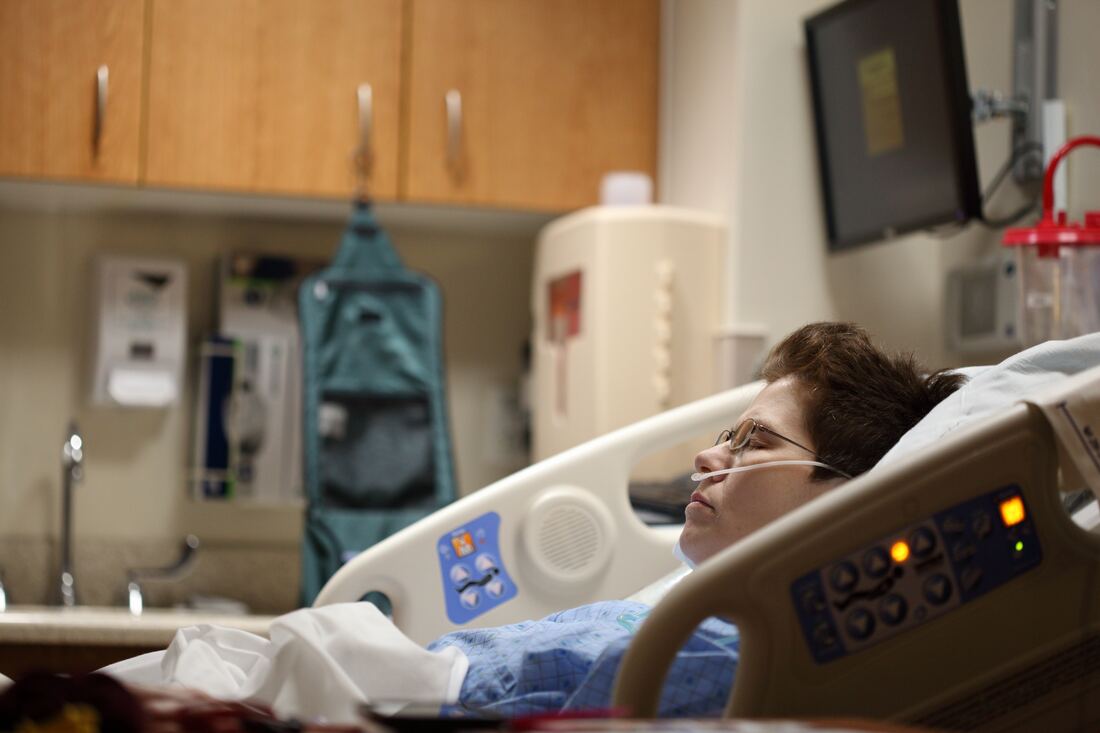|
If you’ve ever experienced an emergency, whether medically related or due to another unfortunate disaster, some challenges may have happened when you tried to communicate. These could have included loud sirens going off, poor phone signals, or stressing over trying to communicate quickly, clearly, and efficiently, just to name a few.
For anyone who is deaf or has difficulty with their hearing, this is an additional barrier to effective communication. The Complications that Come with Communicating during Emergencies For anyone with normal hearing abilities, sirens and alarms can be so painful and loud that they need to cover their For some, especially those with high-frequency hearing loss, hearing things like sirens or smoke alarms can be challenging. Have You Ever Failed to Notice Indirect Cues that Would Alert You to Danger? Loud sirens are not the only thing that signals impending danger. The ability to hear allows you to be more aware of your surroundings - whether you notice an intruder, a car engine that doesn’t sound right, or the sound of a child’s cry. Hearing also lets you know which direction the danger is coming from. Anyone with hearing problems might unknowingly go towards danger or walk away from someone else’s dangerous situation and neglect to help that person. Listening and Speaking to First Responders Following directions from first responders or answering their questions can be challenging. Here are some tips for communicating with others during an emergency. 1. Be prepared. Emergencies are usually unexpected. However, there are ways to prepare how you will manage these situations. Plan a meeting place and what to do after the crisis occurs. Prepare a go-bag with emergency supplies stored inside. Let at least one neighbor that you are friendly with know your plans and ask them to check in on you if they hear your alarm go off. 2. Make sure your alarms and safety devices are updated and functioning correctly. Most smoke and carbon monoxide detectors will make a beeping noise, create a flashing visual cue, or vibrate if a person is in danger. Doorbells that create blinking lights or alarms for a person’s bed shake can also alert hard-of-hearing people of potential threats. 3. Keep your hearing aids on. It’ll be easier to detect danger and communicate while wearing them. Have them fully charged or a pair of new batteries on hand. Recharge the hearing aids by your bed to make them easily accessible if you are awoken suddenly at night. If you live in an area that frequently experiences earthquakes, place your hearing aids securely in a container next to your bed so they don’t fall off. Store spare batteries in a designated cool, dry place for emergencies. If you wear rechargeable hearing aids get a portable charger to place in your go-bag to access it easily. Emergency Alerts Add your name, phone number, and other information to text alerts instead of phone alerts so emergency messages can be easily accessed and followed. Consider wearing a medical bracelet. It’s a helpful way to provide information about anyone with hearing loss, allergies, or any other serious medical condition. Include details about medications you take, what type of hearing device you wear, or crucial health information. Keep means of Communication in an Emergency Supply Bag. Here are some things to keep in mind when packing your supply bag:
Other Things to Keep in Mind for Better Communication
Are You Experiencing Problems with Your Hearing Aids during an Emergency? If your hearing aids have stopped working during an emergency, rely on your other senses. Get near people who are speaking. Ask them to talk louder, slower, and enunciate their words. Focus your attention on their facial expressions and do your best at lipreading. Caregivers for the Deaf or Hard of Hearing If you care about someone hard of hearing, here’s how you can help them during an emergency:
Have good lighting so they can see your face and a quiet space without too many distractions or background noise. If you or a loved one are experiencing hearing loss and need hearing aids, contact us at Northumberland Hearing Center for a hearing evaluation and consultation.
0 Comments
It feels like summer started early this year. In addition to taking care of yourself during these summer months, you’ve got to take care of your hearing aids. All electronic devices, like hearing aids, can become damaged when exposed to too much heat, humidity, and moisture. Here are some ways to protect your hearing aids while ensuring the highest performance, even when sweating through the heat.
1. Keep your hearing aids stored in a cool, dry space. Your hearing aids’ wiring and how the devices perform; can be impacted negatively due to heat exposure. Any trapped moisture in the microphone or the receiver can make the hearing aid stop working. 2. Remove moisture from your hearing aids. Your hearing aids may need to remain stored in a dryer box, which is essentially a vacuum chamber that dries off your hearing aid devices. Talk to someone from Northumberland Hearing Center about a dehumidifier for your hearing aids. You may also use desiccant, or even dry, uncooked rice, can absorb moisture from your devices. If the damage is significant, your hearing aid provider may send your hearing aids to the original manufacturer for advanced repairs. 3. Protect your hearing aids from excess sweat. If your hearing aids tend to have built-up moisture caused by over-perspiration, take them out of your ears and open the battery door to let air circulate throughout the devices. Dry them off using one of the methods mentioned above. 4. Are you using sunscreen or insect repellent? These lotions and sprays can clog the microphones and receivers on your hearing aids. It’s best to put these ointments on before placing your hearing aids in your ears. The lotion and spray residue should be washed off of your hands thoroughly before handling your hearing aids to wear in your ears. Use professional-grade cleaning wipes on your hearing aids after you remove them from your ears. 5. Do not clean hearing aids with any liquids. You can damage hearing aids by cleaning them with liquids that contain alcohol. Only use a brush tool, soft cloth, or professional-grade cleaning wipes. If you need supplies to care for your hearing aids, Northumberland Hearing Center has you covered. We have offices located in Northumberland and Millersburg. |
Archives
July 2024
Categories
All
|



 RSS Feed
RSS Feed
